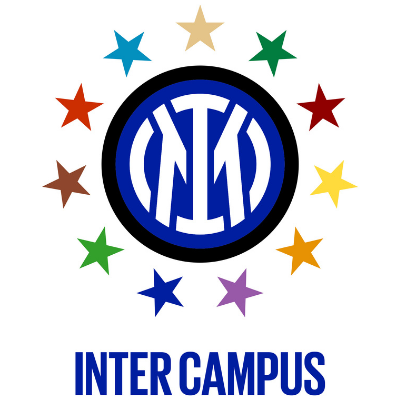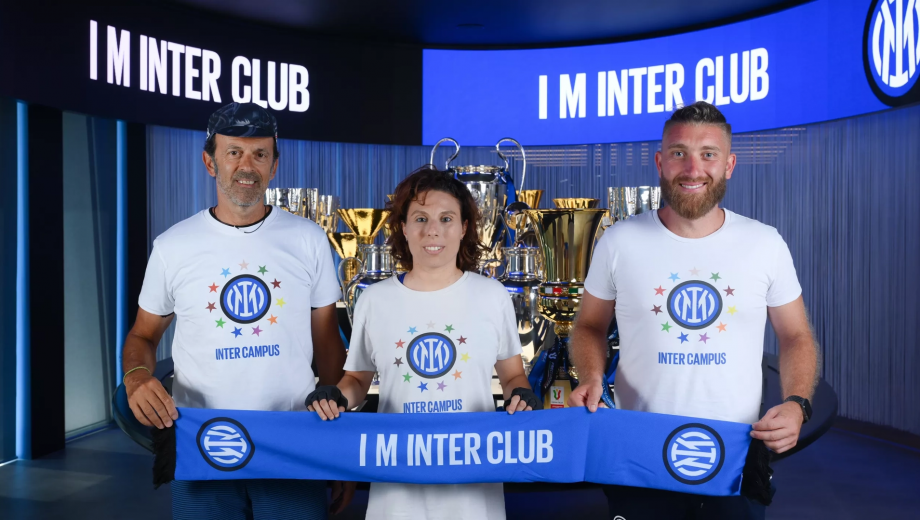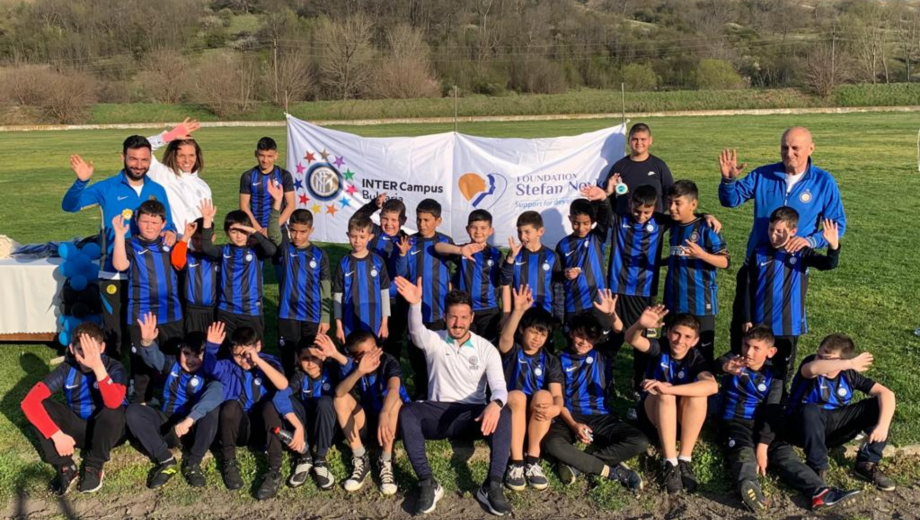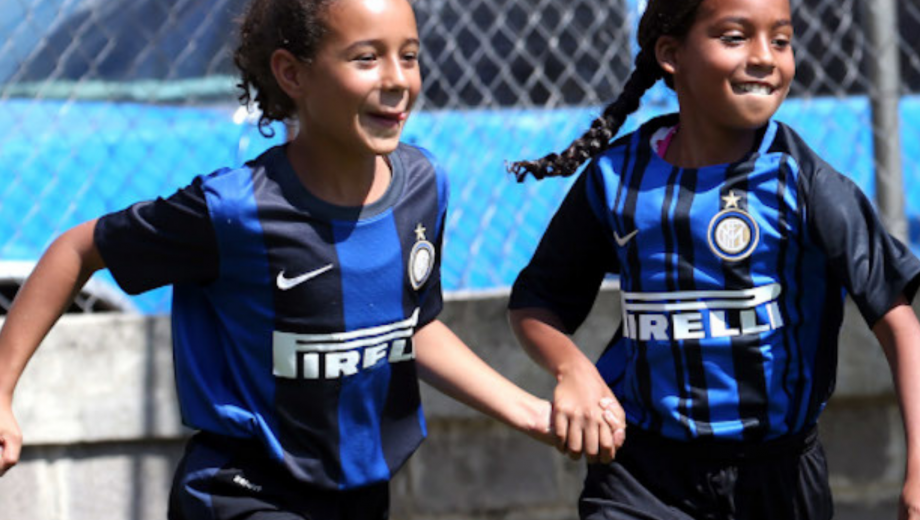When to Play with Inter Campus
Every year, at the Emma-Oncology Center Maria Letizia Verga of the Pediatric Clinic of the University of Milan Bicocca, more than 80 children and adolescents are diagnosed and treated.
The therapies involve long hospitalizations, periods of physical inactivity and can have side effects that reduce the efficiency of the heart, lungs and muscles of patients. Inter Campus collaborates with the research project Sport Therapy, which is clinically supervised by the paediatrician Dr. Adriana Balduzzi and supported by the primary prof. Andrea Biondi. This project wants to show that the precision exercise contrasts muscular disuse and the side effects of the therapies.
The Sport Therapy for the children and young people of the Center starts from the first days of treatment, during the first hospitalization in the ward. The workouts are carried out in the gym, hospital rooms, in the hematology department and even in the isolation chambers of the bone marrow transplant center.
Dr. Francesca Lanfranconi, Sports Doctor and research coordinator, says that “the athletes are trained three times a week for 20-50 minutes depending on the clinical conditions of the day of training. Since September 2017 football has been included as a technical gesture adaptable to different performance capabilities: there are, in fact, extremely fragile children up to those in almost normal conditions. Inter Campus has made available its experience of using football in situations that require great adaptability. Roby “- or Roberto Redaelli, the Inter Campus instructor dedicated to Sport Therapy -” works in harmony with the sports doctors and the project’s driving scientists. ”
Thus, it is not infrequent at the Maria Letizia Verga Center that children can find themselves playing football while a coach in Inter uniform, armed with a ball and cones, wanders around with the doctors in the various departments.
Dr. Lanfranconi continues, “Inter Campus is much appreciated by both children and older children because it offers engaging and new exercises, but always within the daily workloads required by the research project.”
Another interesting fact is that the initial encouraging results from the research reveal that, after 3 months of precision training, physically and psychologically “the athletes” improve. In addition, responses to the quality of life questionnaires show that children and teens feel better physically and this allows them to have a more normal social life and make new friends.
Promoting sport among the very young is a mission that every sportsman supports. Offering a child or a sick boy the opportunity to practice sports can allow him to project himself with more determination in the healing process. If the sport is tailor-made for each individual, it can become a tool of care and lay the foundations of a future state of health
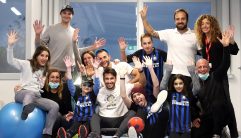
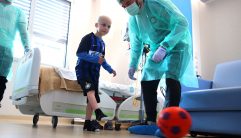
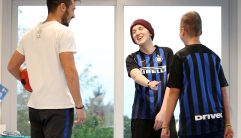
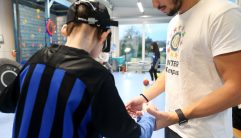
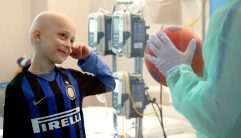
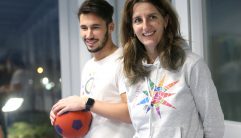
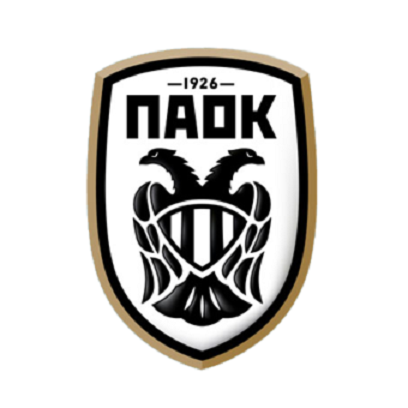
PAOK Action – ‘Helping the smallest among us.’
